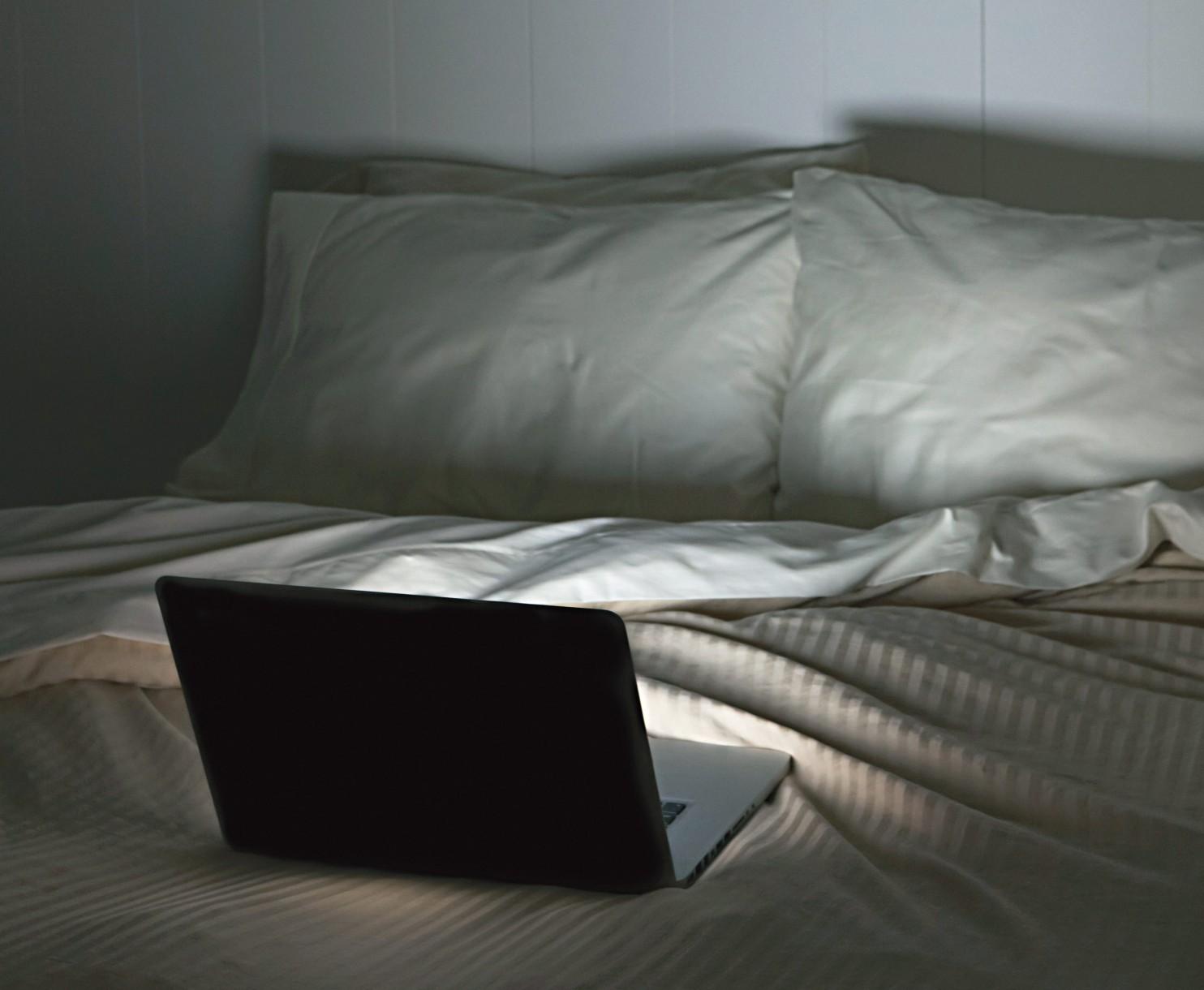Get Your Beauty Rest! 10 Tips for Better Sleep Now
There’s nothing like getting a good night’s sleep. Waking up feeling fresh and energized, you peer into the mirror and see no dark rings under your eyes and your skin is taught and glowing. Sound like a Hollywood movie scene??? It’s not fiction; sleep is really undervalued as a beauty secret, not to mention the bazillion other health benefits!
Studies recommend that adults get 7 to 8 hours per night. We may go to bed early with good intentions, but then the crying baby wakes us, or the police sirens, the full moon or even menopause. So, we may be in bed for eight hours but sleep only six, and then we have sleep deprivation.
The Harvard Women’s Health Watch suggests six reasons to get enough sleep:
Learning and memory: Whether you’re learning math, how to play the piano, how to perfect your golf swing, or how to drive a car, sleep helps enhance your learning and problem-solving skills.
Metabolism and weight: Chronic sleep deprivation may cause weight gain by altering levels of hormones that make you feel hungry (ghrelin) or full (leptin). When you don’t get enough sleep, your level of ghrelin goes up and your level of leptin goes down. This makes you feel hungrier than when you’re well-rested.
Safety: Sleep debt contributes to a greater tendency to fall asleep during the daytime. These lapses may cause falls and mistakes such as medical errors, air traffic mishaps, and road accidents.
Mood: If you’re sleep deficient, you may have trouble making decisions, solving problems, controlling your emotions and behavior, and coping with change. Sleep deficiency also has been linked to depression, suicide, and risk-taking behavior.
Cardiovascular health: Serious sleep disorders have been linked to hypertension, increased stress hormone levels, and irregular heartbeat.
Disease: Sleep deprivation alters immune function, including the activity of the body’s killer cells. Keeping up with sleep may also help fight cancer.
All those benefits sound great, right? But with your busy schedule you may be wondering how you can possibly sleep more? Or have better quality sleep? Here are 10 tips for getting a better night’s sleep that can have immediate impact on your slumber.
- Let the sunshine in. Light exposure has a powerful influence on the production of the body’s natural secretion of a hormone called melatonin. Melatonin sends a signal to regulate the sleep-wake cycle in your body, so a healthy level of melatonin can help your body regulate this cycle. So get outside during your lunch hour and soak up some rays for a few minutes!
- Power down a full hour before bedtime. This is likely the #1 thing you can do to improve your sleep quality immediately. The artificial “blue” light emitted by electronic screens triggers your body to produce more daytime hormones (like cortisol) and disorient your body’s natural preparation for sleep. Computers, iPads, televisions, and smartphones are kicking out a sleep-sucking blue spectrum of light that can give you major sleep problems.
- Set a caffeine curfew. Caffeine is a powerful nervous system stimulant. If your nervous system is stimulated, you can forget about getting that quality sleep. Set a curfew, which for many people is by 4 p.m., so that your body has time to remove the caffeine from your system.
- Magnesium. Magnesium helps optimize circulation and blood pressure, balance blood sugar, relax tense muscles, reduce pain, and calm the nervous system; yet, it tends to get depleted from our bodies rather fast. But be sure to take a high-quality supplement because taking too much of a low-budget magnesium supplement can have you sprinting to the bathroom instead of having sweet dreams.
- Sport it up! Get some exercise! Cardio, strength training, swimming, walking, biking…it doesn’t matter what, but do it regularly and preferably before 5 p.m.
- Get your “friends” out of your room. Electromagnetic fields coming from our everyday electronic devices can cause disruption of communication between the cells in our bodies. This means you can have everything from hormonal problems to cancer by being exposed to these fields for too long. If you use your cell phone as an alarm, then simply switch it to airplane mode at night. Watch TV in the living room, use your computer in the office, but save the bedroom for what it’s intended for….which leads me to the next tip.
- The big ‘O’. An orgasm is like a double-dose sedative for most people. There’s a rush of relaxing hormones and endorphines, just the thing to set you up for a sound sleep. Keep in mind, you don’t need anyone else to do this (so single people, don’t be worried). But if you’ve got a lover in your life, don’t hold back because the effects can benefit you both.
- High protein, low carbs. One of the worst things you can do to disturb your sleep pattern is to eat right before bed. Give your body a solid 90 minutes (more is better) before heading off to bed after eating, especially if you’re eating carbs because the inherent blood sugar spike will cause a sharp drop in blood sugar later, which will likely cause you to wake up and make it difficult to fall back to sleep. The amino acids (like tryptophan) in high protein food can actually aid in getting a more beneficial sleep, but still stick to the 90 minute rule!
- Happy hour. Although studies have shown that drinking alcohol late in the evening does, indeed, help you fall asleep faster, REM sleep is significantly disrupted by alcohol being in your system. You won’t be able to fall into deeper levels of sleep, and your brain and body won’t be able to fully rejuvenate. This is why people generally don’t feel that great after waking up after a night of one-too-many. A booze curfew is a good idea so that your body can have a couple hours to get it out of your system before hitting the hay.
- Meditate. The more you meditate, the more calm and present you’ll be in your day-to-day life. Numerous studiesshow that meditation increases the level of endorphins (happy hormones), lowers stress hormones like cortisol, and even reduces inflammation in our body. For more information about meditation and downloadable mediation apps–not to be used an hour before bedtime! –see our post from April 8th, ‘Meditation for A Healthy Mind’.

But if you arrive home one day to find him in your bed, you have The Monsters permission for a night of very little or no sleep at all. Photo: enfemenino.com











